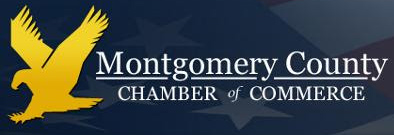Keeping Accounts Receivable from Going off the Rails
Maintaining accounts receivable can use a lot of time and other resources. Making sure your customers pay their invoices on time and tracking staggered payment schedules across multiple accounts requires critical thinking and great attention to detail. All it takes is for one invoice to age out into collections or an unexpected order, and cash flow can spin out of control. Fortunately, there are a few ways businesses can keep accounts receivable under control and ensure customers pay on time before things get out of hand.
Managing Accounts Receivable with Deposits
Asking customers to make deposits on orders is not an uncommon practice. In fact, customers are likely to pay off the remaining balance faster if they already have “skin in the game.” However, asking for deposits does not guarantee that all customers will pay off their balances, nor does the policy do anything to eliminate staggered payment schedules. While partial payments are better than none, your accounts receivable department will still have to track outstanding balances for multiple client accounts, and still perform collections.
Using Late Fees to Ensure Payment
Late fees have become more common over the years as a way to prevent receivables from aging out. The theory is that imposing penalties such as late fees encourages customers to pay the balance on their invoices on or ahead of time. In some cases, this works, but there are some downsides. First, a business must announce its late fee policy before a sale is made, have appropriate signage in the business and a declaration on the invoice itself. Second, a late fee policy may be off-putting to customers, and deter initial sales and prevent repeat business because the policy seems too draconian and makes customers think the business is only concerned with money instead of the products and services they offer. Finally, late fees mean nothing to the customer who is determined to simply let an invoice go to collections.
Accounts Receivable Financing
Accounts receivable financing, or factoring, is a non-recourse method of ensuring a healthy cash flow while implementing some automation. When receivables are submitted for factoring they are converted to cash which is then delivered to your business account within 24 hours. This eliminates staggered payment schedules and the need to track outstanding payments across multiple accounts. The fast process allows businesses to build up capital reserves for growth, and it frees up resources so you can focus on running your business instead of chasing after outstanding accounts.
Approved Business Lending offers accounts receivable financing nationwide. Contact our offices today to make your accounts receivable department more manageable.

